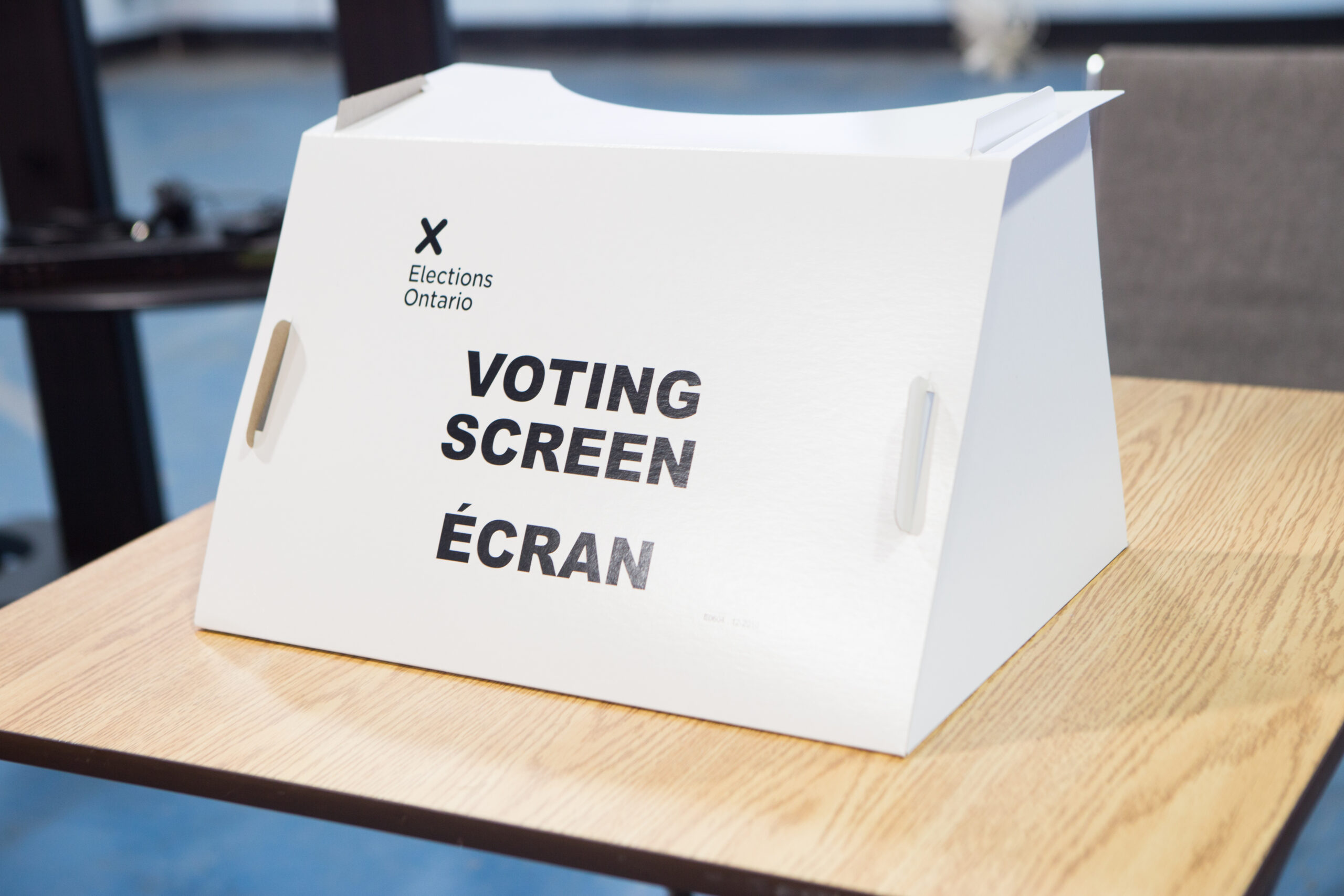The MyHaliburtonNow.com newsroom reached out to all the candidates that will be on the ballot for the June 2 provincial election to get their thoughts on the issues that matter in Haliburton-Kawartha Lakes-Brock.
Each week leading up to election day, we will publish a story with each candidate answering a question that residents have as they head to the polls.
This week, we asked them about opioids and mental health: “According to social services and municipal agencies, homelessness, opioids, mental health and addictions have all been intertwined into a major issue affecting communities and constituents right across the riding. What is your party’s plan, including concrete actions, to deal with this complex issue?”
Laurie Scott, Progressive Conservative Party of Ontario
Scott says the opioid crisis and homelessness both require a “compassionate and coordinated response.” To that end, she says her party’s Roadmap to Wellness has made significant investment in the province’s addictions treatment system.
That includes policies around appropriate prescribing for pain management, treatment for opioid use disorder, and harm reduction services.
Since 2019, yearly investments of close to $93-million in addictions supports, and have already pledged $332.7-million in new annualized funding for targeted supports.
Scott adds that the party has also pledged $3-billion in funding for community housing to address homelessness, as well as implemented by-name lists– real-time lists of people experiencing homelessness with detailed information on each person– to help people access supportive housing.
Barbara Doyle, New Democratic Party of Ontario
Doyle says the government needs to recognize the opioid crisis as a public health emergency. She says her party would invest in harm reduction and mental health services to make access equitable, meaning more safe beds and 24-hour service for treatment– something she says many rural hospitals do not have.
As we come out of COVID-19, Doyle says people need to have access to mental health services, as more people are expected to need them after two years of isolation, job loss, and loss of housing.
She says her party would cover mental health services under OHIP, and invest $800-million in mental health care over the next few years. That’s to ensure there are enough mental health care spaces for everyone that needs them. Supervised consumption sites are another big factor, she says, as we need to make sure community members are safe, healthy, and supported in treatment.
Doyle adds her party would also work to reduce mental health waitlists for both youth and adults, as it can take up to two and a half years before people are seen.
Tom Regina, Green Party of Ontario
Tom Regina says the region is facing a lot of complex intertwined issues, finding trouble at our doorstep because of the lack of foresight and action by previous successive governments.
According to Regina, the Green Party has a plan for a caring society which will include expanding mental health and addiction care under OHIP.
He says the Greens will create a dedicated Ministry of Health and Addiction and build 60,000 permanent supportive housing spaces under its “Housing First” strategy, which includes wraparound mental health supports.
Dr. Kerstin Kelly, Ontario Party
Dr. Kelly says these issues have worsened because of the pandemic.
She says 300,000 small businesses went out of business across the country, while low-paying big box stores remained open.
According to Kelly, CERB payments had people sit at home, unhappy and unproductive– drinking and doing drugs to cope with that unproductiveness.
She says we need active programs, where people are involved in their own recovery, all while encouraging them with various programs.
Gene Balfour, Libertarian Party
Balfour says it’s time to move away from what he sees as a dependence on government services. He advocates exploring non-government options, particularly on a community level, which emphasize personal connections between family, friends, and neighbours.
He says the government has gradually taken away services that people used to get from each other, and have divided the population into “special interest groups” which turn people against each other.
To that end, Balfour says we need to reduce the size, scope, and responsibilities of our current authorities, as well as cut down on the “bloated bureaucracy”– which includes the media and “political and institutional actors.” He says that’s in order to return to an environment where people are more involved in their communities.
The Liberal Party’s Don McBey and New Blue Party’s Ben Prentice have not yet responded to requests for comment.
**With files from Brad Aubin and Mo Fahim


